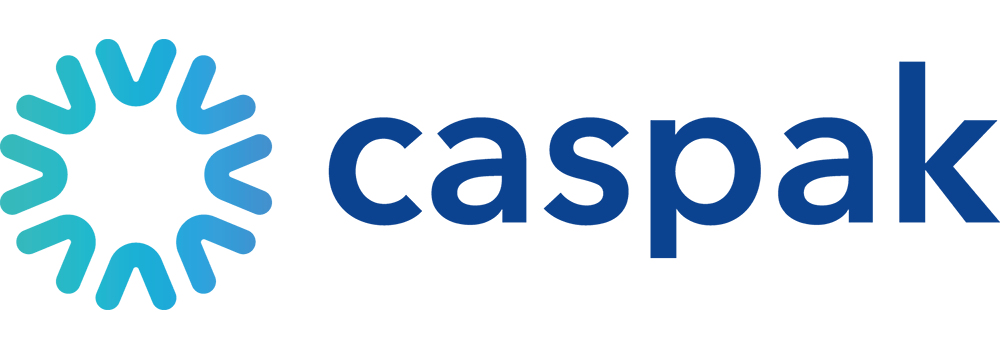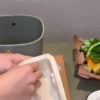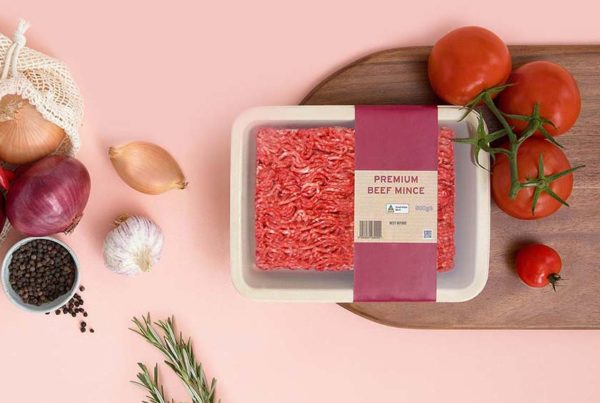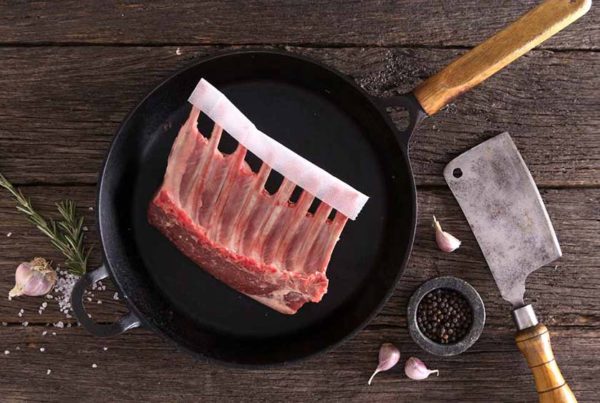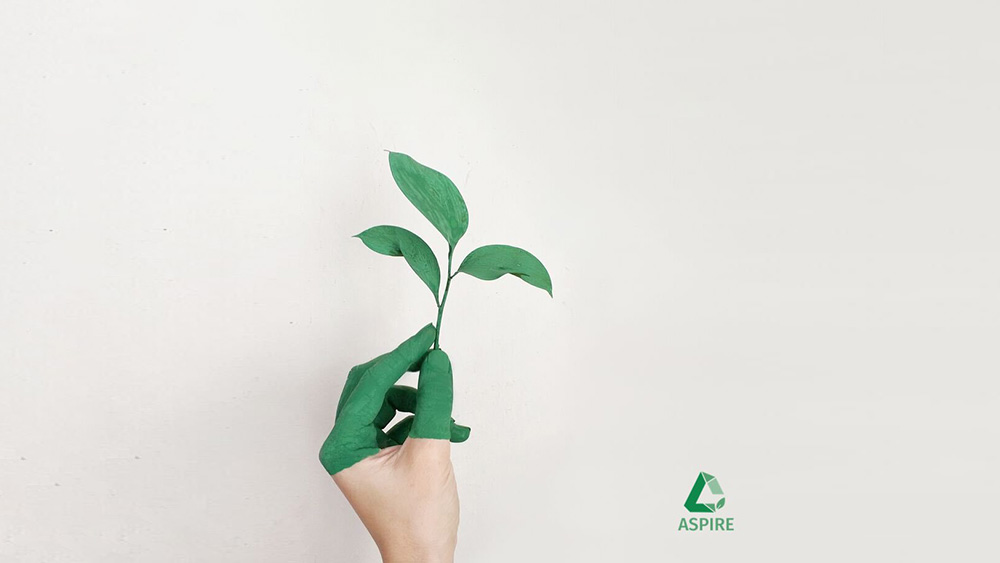
As part of our commitment to find new and innovative ways to make a difference, this year we have joined the ASPIRE program.
This initiative of Swinburne University, Data 61 and CSIRO, is an online platform that identifies potential business to business resources exchange. It’s more than a marketplace for used materials or a passive waste exchange. The system actively suggests business to business collaborations where surplus product or materials would be suitable for use in the creation of new products.
As well as being beneficial to the planet, the ASPIRE program also helps local SMEs, like us, to reduce our waste costs by diverting these materials from landfill. And, because the program is run in partnership with local councils, it helps the LGAs meet their sustainability and waste targets.
The ASPIRE program also delivers on several of the Sustainable Development Goals (SDGs), including Decent Work and Economic Growth (8), Industry, Innovation and Infrastructure (9), Sustainable Cities and Communities (11), Responsible Consumption and Production (12), Climate Action (13), Partnerships for the Goals (17).
The way the program works is that a business uploads details of materials that they need to dispose of, such as wooden pallets, used packaging or offcuts from the manufacturing process for example. The system will look at the organisations that are part of the program and suggest ways that these waste products can be incorporated into the manufacturing process of new items.
The system also facilitates research work with Universities where there are no matches between organisations for the products that are uploaded, or where this is a new product that doesn’t yet have any alternative applications. We are currently in discussions with Monash University to research ways that the wax waste offcuts from our bone-guard product can either be recycled or repurposed. We may be having lots of candle-lit team lunches in the office!
A great example of how the system works is a collaboration between Aximill, USG Boral and McDonalds. Using their unique grinding technology, Aximill took plasterboard waste from USG Boral, product that is often broken during the manufacturing process, and used coffee grounds from McDonalds and combined them into the creation of kitty litter.
As the membership of the program continues to grow, ASPIRE will have enormous impact on the environment by diverting waste to new products at the same time as helping small business and local councils to meet environmental targets at the same time as saving money. We’re looking forward to seeing how our trash can become another business’ treasure!

